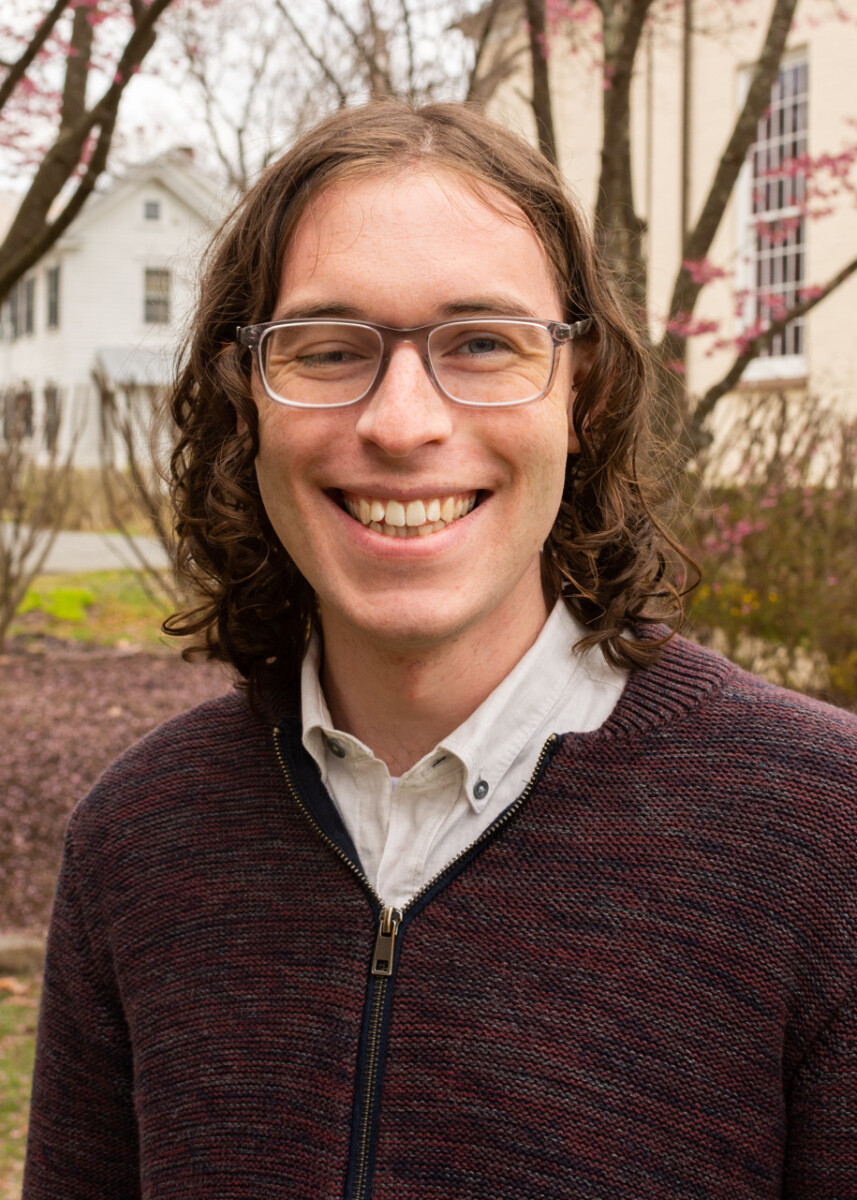On my first day of seminary (online, thanks to the northerly remnants of Hurricane Ida), I learned about confessions. They come in many flavors: acknowledgments of sin, declarations of belief, spiritual autobiographies, political dissents. Criminals confess, churches confess, St. Augustine quite famously confessed, Martin Luther and Dietrich Bonhoeffer and protesters on the street in Minneapolis confessed.
They share this: Confessions bring our hearts and minds and bodies into the light. They leave us open to scrutiny by loved ones and enemies, by the cosmos and by God. They separate truth from falsehood, sometimes creating new truth in the process. They prompt action, and if action isn’t taken, they’ve failed.
Here, then, is my own confession on the eve of my second in-person day of seminary. This—as far as I can tell, as far as I can see—is why I’m here.
***
“To love the church is to be willing to put it to death, to betray it in the name of what we love in it.” — Marika Rose, A Theology of Failure
I believe that the church in the United States is dying and has been for a long time, possibly since it was first brought here by conquerors and colonizers. But I also believe that there is no death without resurrection, and I believe that God uses humans to breathe life into the corpses that we’ve strewn across history. I want to be part of that, to let divine breath fill my lungs when I speak and my fingers when I type and my whole being when I walk through the world.
I believe the church’s future has little to do with denominations, institutions, or traditions. It will—it must—look more like the church always has in times of crisis: small groups caring for one another and for the stranger, cultivating oases of peace among walls and wars and wastelands. I want to learn from those who have known this for decades and to work alongside others like me who are still coming to terms with it.
I believe there’s some core thing that the Reformed tradition gets right: something about the world’s unfathomably deep wounds and God’s infinitely persistent grace. But I also believe that Calvin and his followers planted some dangerous trees whose bitter fruit we’re now gleefully picking, like the horrific idea of God predestining people to hell. I want to live up to the Reformation’s most Christlike aspirations, to be semper reformanda—always being reformed.
I believe the things I love—writing, music, research, teaching—can be of some use to the church, but only if I treat them as gifts, not personal development projects. Only if I throw out the whole idea of “useful” and pour them out at Christ’s feet. Only if they don’t really belong to me.
I believe that racism, sexism, heteronormativity, ableism, capitalism, colonialism, ecological exploitation, and every other form of oppression and injustice are evil and must be rooted out of society—and out of the church especially. I believe that God is already doing this work through prophets known and unknown, and I want to join the revolution.
I believe that my beliefs will be shaken, my heart broken, my soul stretched but not snapped. I believe that every want I’ve expressed here might be frustrated, every conviction challenged. I believe I will fail daily to learn, to love, to live. I believe there are many more confessions in my future.
I believe, alongside theologian Marika Rose, that “Christianity is a binfire, but it’s my binfire.”
I believe, most fundamentally, that God is love, and that if we get that right, nothing else matters.
Thanks to Dr. Hanna Reichel for their helpful explanation of “confession” on our first day of class.
This post originally appeared on September 8 on our sister blog, the post calvin.

